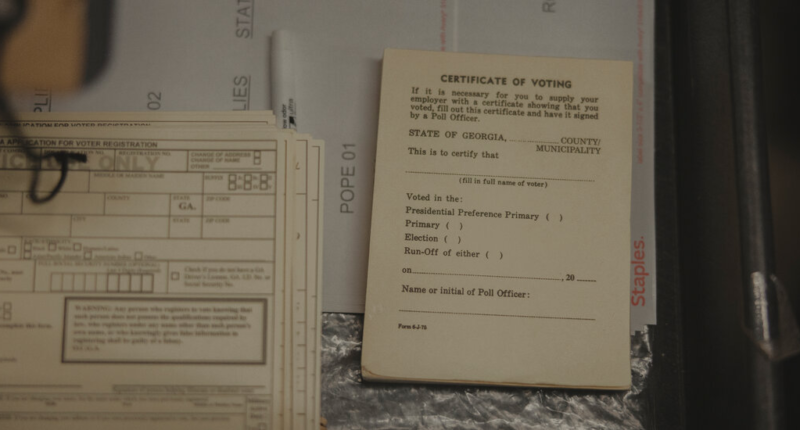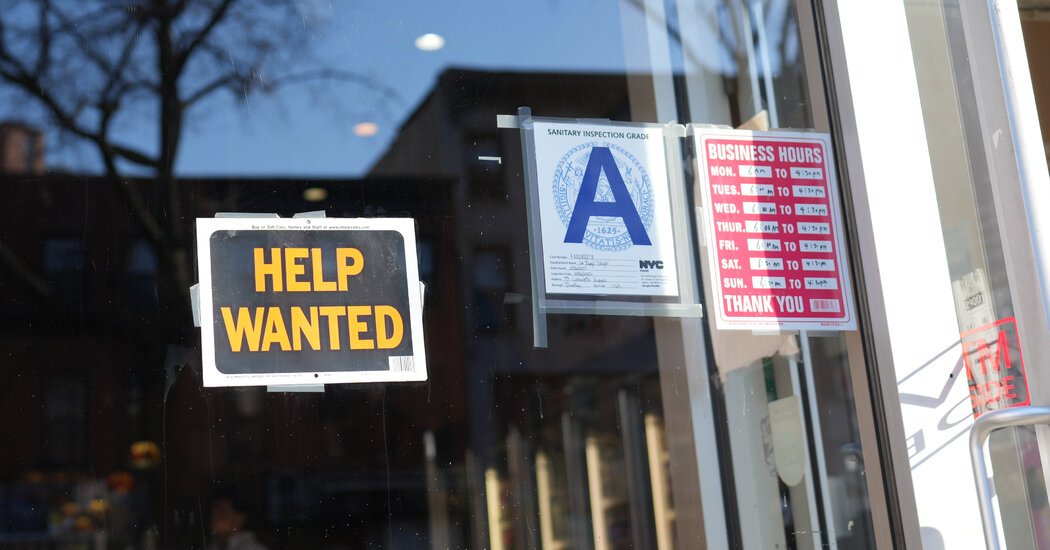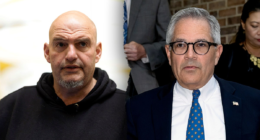Tate Fall is overwhelmed.
When she signed on to be director of elections in Cobb County, Ga., last year, she knew she’d be registering voters and recruiting poll workers, maybe fixing up voting machines.
She didn’t expect the unending flood of disinformation — or at least, she wasn’t prepared for how much it would overtake her job. She has had election deniers shout at her at public meetings, fielded weekend calls from politicians panicked about a newly circulating falsehood, and even reviewed conspiracy theories circulating on Nextdoor forums that might worsen skepticism among distrustful constituents already doubtful that the democratic system is reliable and secure.
And that was before the election went sideways.
In the weeks since former President Donald J. Trump was targeted in an assassination attempt and Kamala Harris replaced President Biden as the Democratic nominee, adding Tim Walz to the ticket, conspiracy theories have surged. The claims were pushed by pundits and politicians like Representative Marjorie Taylor Greene, a Republican known for promoting far-right conspiracy theories, who represents part of Ms. Fall’s jurisdiction.
The implications for Ms. Fall’s workload will not be good, she said, noting that conspiracy theories can make it harder to reach constituents who already find elections to be mystifying, like “magical” events.









